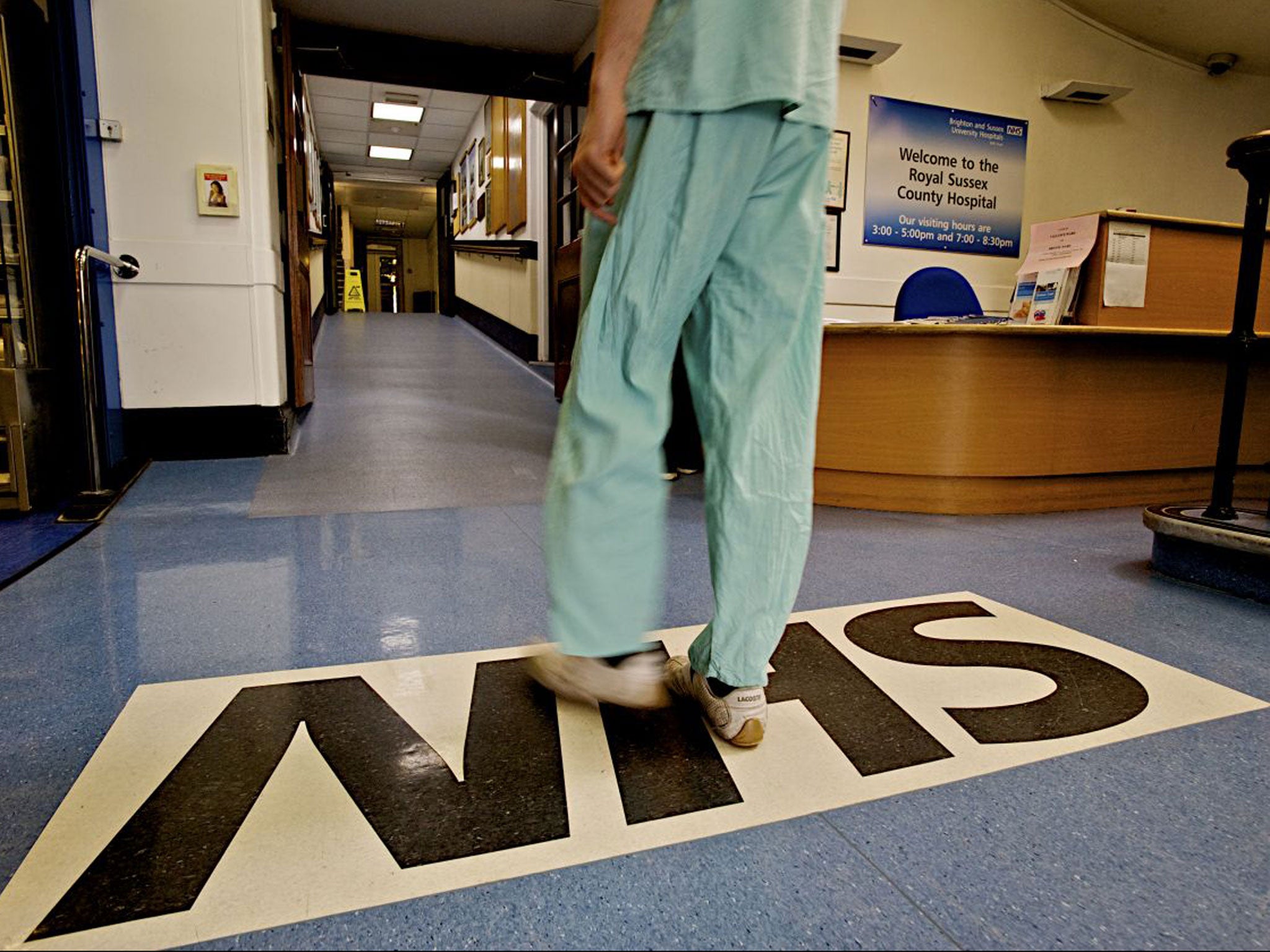NHS faces ‘triple whammy’ of fresh coronavirus cases, ‘exhausted’ staff and limited capacity, warns report
‘There is unlikely to be much respite before winter’

A report has warned that the NHS is facing a “triple whammy” of issues due to the ongoing coronavirus pandemic.
Local outbreaks and a second wave of Covid-19 occurring in tandem, and “exhausted” NHS staff trying to manage a “huge backlog” of people needing care alongside reduced capacity due to infection control measures, may cripple the health service, says the NHS Confederation.
The organisation released a report, titled NHS Reset, setting out the challenges faced by the health service and how the system should move forward in the aftermath of the pandemic.
There must be a “reassessment” of what the NHS can realistically be expected to deliver, said the report, warning that the “road to recovery will be long”.
Noting that the NHS went headlong into the pandemic while already under “significant pressure”, the authors wrote that it “is now facing a triple whammy”.
“[The NHS] must deal with local outbreaks and a second surge. It has to manage a huge backlog of treatment that has built up during the pandemic. And it must do this and restore services with reduced capacity as a result of infection control measures.
“On top of this, leaders are reporting that some staff who have been in the thick of this battle are exhausted. There is unlikely to be much respite before winter.”
A survey of 252 NHS leaders found that almost three-quarters (74 per cent) are not confident their services will be able to meet targets to bring back routine operations to “near normal” levels by the end of October.
The report warns that although the NHS has made huge progress in restoring services towards pre-pandemic levels, the impact of Covid-19 will likely have an effect on NHS capacity lasting “several years”.
Disruption caused by the pandemic must lead to the transformation of the health service, said the NHS Confederation, adding that the health service needs government investment to support new ways of restoring services.
The organisation said the health service has been able to find solutions to treat patients, and called for the innovation to be sustained by stripping away “unnecessary bureaucracy” within the NHS, and additional funding will be needed to cover the additional costs of rising demand and enable it to “play catch up” with the backlog of treatment.
Just 8 per cent of NHS leaders surveyed said their current funding allows them to deliver safe and effective services, while 84 per cent believe the NHS must deliver a step change in how it cares for diverse and marginalised communities.
Action must also be taken to tackle health inequalities, which have been “exacerbated” by the pandemic, added the report.
NHS Confederation chief executive Danny Mortimer said: “No one can be in any doubt that the road to recovery for the NHS and social care services will be long.
“Despite dire predictions that it would not be able to cope, the NHS has not only managed a huge wave of Covid-19 patients but also continued to treat millions not infected with the virus.
“We have learned much and are in a better position to manage the virus than first time around, despite still not having an effective test and trace system.
“The strain will continue to be felt across the country, but we must take this opportunity to recast services for the long term benefit of patients and local communities.”
Chairman of the NHS Confederation, Lord Victor Adebowale, added: “Covid-19 has been the biggest disruptor in the NHS’s history. Out of necessity, it has transformed patient services in waters previously unimagined and changes that would usually take years have been delivered in weeks.
“This is the moment for the government to grasp the nettle, be bold and invest in a health care system not just for winter but for the long term.
“Above all, we need to see a radical and conscious shift in every part of the country tackling health inequalities. If there is one lesson from the pandemic, it is that our universal health service does not care for everyone equally.”







Join our commenting forum
Join thought-provoking conversations, follow other Independent readers and see their replies
Comments